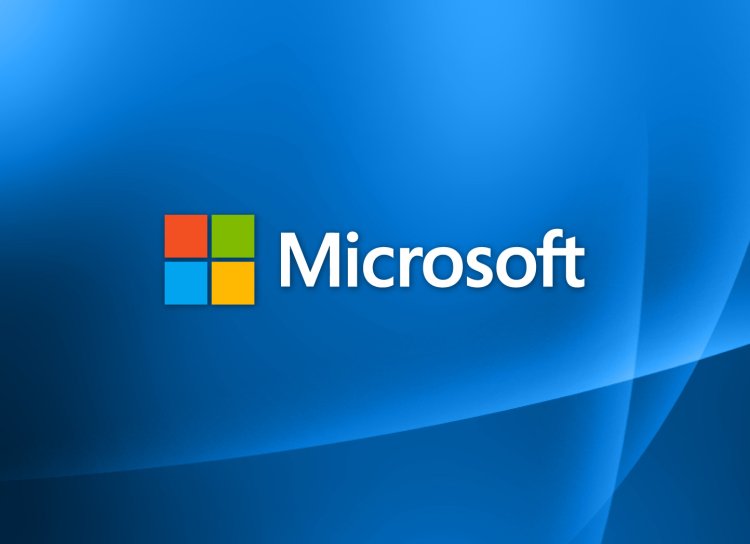October 2024 Patch Tuesday: Key Vulnerabilities Uncovered
An in-depth examination of significant security vulnerabilities addressed in Microsoft's and Adobe's October 2024 updates, highlighting critical flaws and zero-day exploits that demand immediate attention from IT professionals.

Comprehensive Overview of Vulnerabilities from October 2024 Patch Tuesday
In October 2024, significant security updates were released by Microsoft and Adobe, addressing a wide range of vulnerabilities across various software products. This detailed overview summarizes these vulnerabilities, categorizing them based on severity and type, along with relevant details for each.
Microsoft Vulnerabilities
Microsoft’s October 2024 Patch Tuesday addressed a total of 121 vulnerabilities. This included three critical vulnerabilities, 114 important vulnerabilities, and two zero-day vulnerabilities that were already being exploited in the wild.
Critical Vulnerabilities
-
CVE-2024-43468: Microsoft Configuration Manager Remote Code Execution Vulnerability
- Impact: Unauthenticated attackers could send specially crafted requests, leading to remote code execution on affected systems.
- Risk: Successful exploitation could allow attackers to execute arbitrary commands on the server, potentially compromising sensitive data.
-
CVE-2024-43582: Remote Desktop Protocol Server Remote Code Execution Vulnerability
- Impact: An unauthenticated attacker could exploit this vulnerability by sending malicious packets to an RPC host, resulting in remote code execution.
- Risk: This could give attackers the same permissions as the RPC service, enabling further attacks.
-
CVE-2024-43488: Visual Studio Code Extension for Arduino Remote Code Execution Vulnerability
- Impact: Missing authentication for critical functions allows unauthenticated attackers to execute code remotely.
- Risk: This could lead to unauthorized control over applications developed using the Arduino extension.
Zero-Day Vulnerabilities
-
CVE-2024-43573: MSHTML Platform Spoofing Vulnerability
- Details: This vulnerability affects the MSHTML engine, commonly used by Internet Explorer.
- Exploitation: Attackers can trick users into viewing malicious web content, leading to unauthorized access to sensitive data.
-
CVE-2024-43572: Microsoft Management Console Remote Code Execution Vulnerability
- Details: This vulnerability allows code execution through specially crafted Microsoft Saved Console (MSC) files.
- Exploitation: This flaw could allow attackers to gain administrative privileges on a system.
-
CVE-2024-6197: Open Source Curl Remote Code Execution Vulnerability
- Details: Requires user interaction, allowing an attacker to execute code on a client machine by connecting to a malicious server.
-
CVE-2024-20659: Windows Hyper-V Security Feature Bypass Vulnerability
- Details: Allows attackers to bypass UEFI security measures on specific hardware, potentially compromising the hypervisor.
-
CVE-2024-43583: Winlogon Elevation of Privilege Vulnerability
- Details: Successful exploitation could allow attackers to gain SYSTEM-level privileges on affected systems.
Other Important Vulnerabilities
- Spoofing Vulnerabilities: 7 important vulnerabilities were identified, which could mislead users into trusting malicious content.
- Denial of Service Vulnerabilities: 26 vulnerabilities could lead to system crashes or disruptions in service availability.
- Elevation of Privilege Vulnerabilities: 28 vulnerabilities could allow attackers to gain higher-level permissions on the affected systems.
- Information Disclosure Vulnerabilities: 6 vulnerabilities could expose sensitive data to unauthorized users.
- Remote Code Execution Vulnerabilities: A total of 43 vulnerabilities were identified, with 3 classified as critical.
- Security Feature Bypass Vulnerabilities: 7 vulnerabilities could allow attackers to circumvent security controls.
Specific CVEs Noted
- CVE-2024-43502: Elevation of privilege in Windows Kernel.
- CVE-2024-43581: Remote code execution in Microsoft OpenSSH for Windows.
- CVE-2024-43615: Another remote code execution vulnerability in OpenSSH for Windows.
- CVE-2024-43609: Spoofing vulnerability affecting Microsoft Office applications.
- CVE-2024-43509: Elevation of privileges in the Windows Graphics Component.
- CVE-2024-43556: Another elevation of privilege vulnerability in the Windows Graphics Component.
- CVE-2024-43560: Elevation of privilege in the Windows Storage Port Driver.
Adobe Vulnerabilities
Adobe released security updates addressing a total of 52 vulnerabilities across various software applications, with 31 of these rated as critical.
Products Affected Include:
- Adobe Substance 3D Painter
- Adobe Commerce
- Adobe Dimension
- Adobe Animate
- Adobe Lightroom
- Adobe InCopy
- Adobe InDesign
- Adobe Substance 3D Stager
- Adobe FrameMaker
Critical Vulnerabilities: The majority of vulnerabilities in Adobe's update could lead to arbitrary code execution or privilege escalation, posing significant risks to users of these applications.
Recommendations for Users
- Regularly Apply Updates: Always keep software up-to-date to protect against known vulnerabilities.
- Backup Data: Before applying updates, ensure that important data is backed up to prevent loss in case of issues.
- Monitor for Compatibility Issues: Be aware that updates can sometimes introduce compatibility issues, and check relevant forums for any reported problems.
- Educate Employees: Raise awareness about phishing tactics that exploit vulnerabilities, especially related to web content.
Conclusion
The October 2024 Patch Tuesday highlights the ongoing challenges in cybersecurity, with a multitude of vulnerabilities requiring attention from IT professionals and users alike. Regular patch management and user education are crucial in mitigating risks associated with these vulnerabilities.













